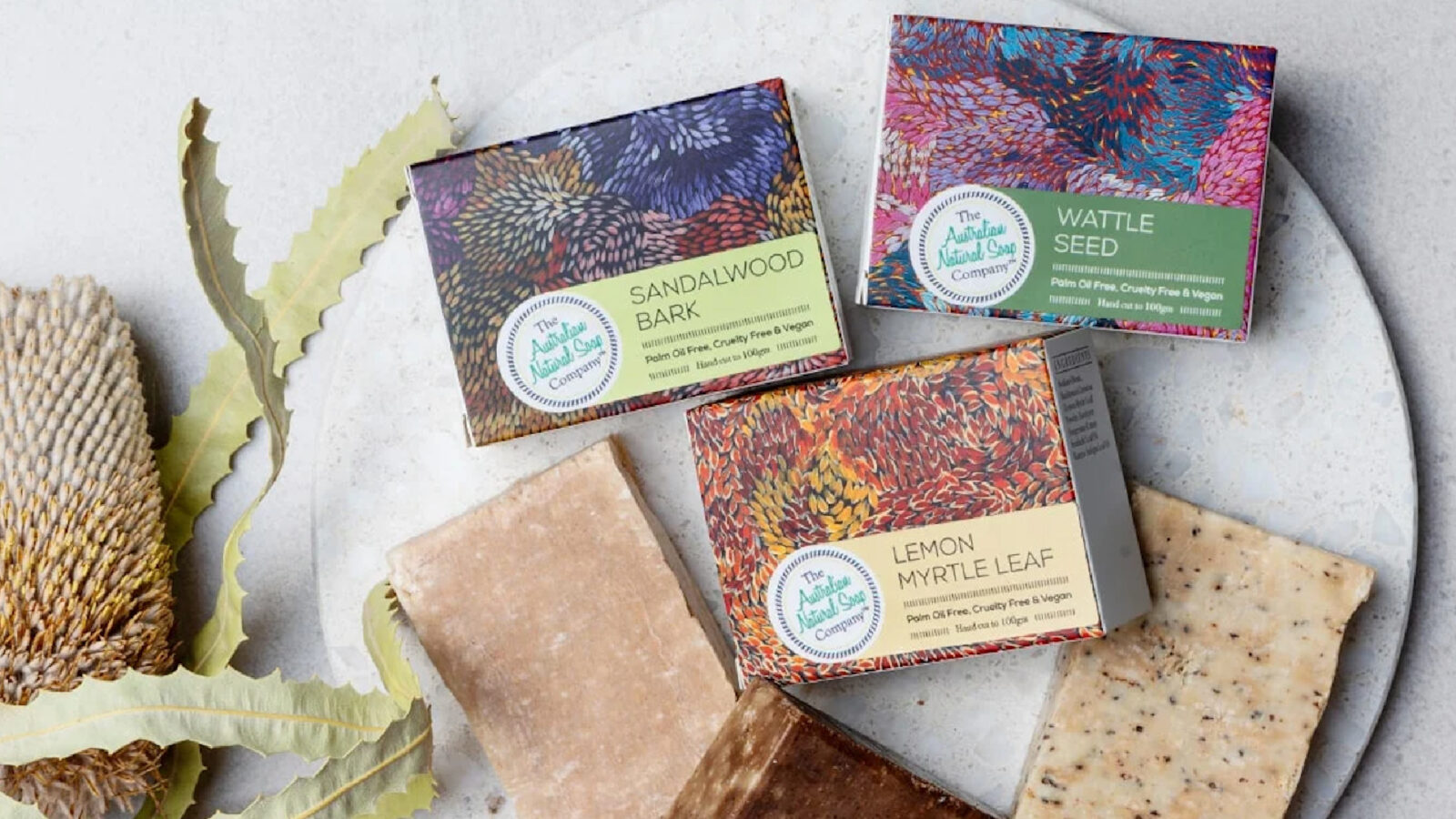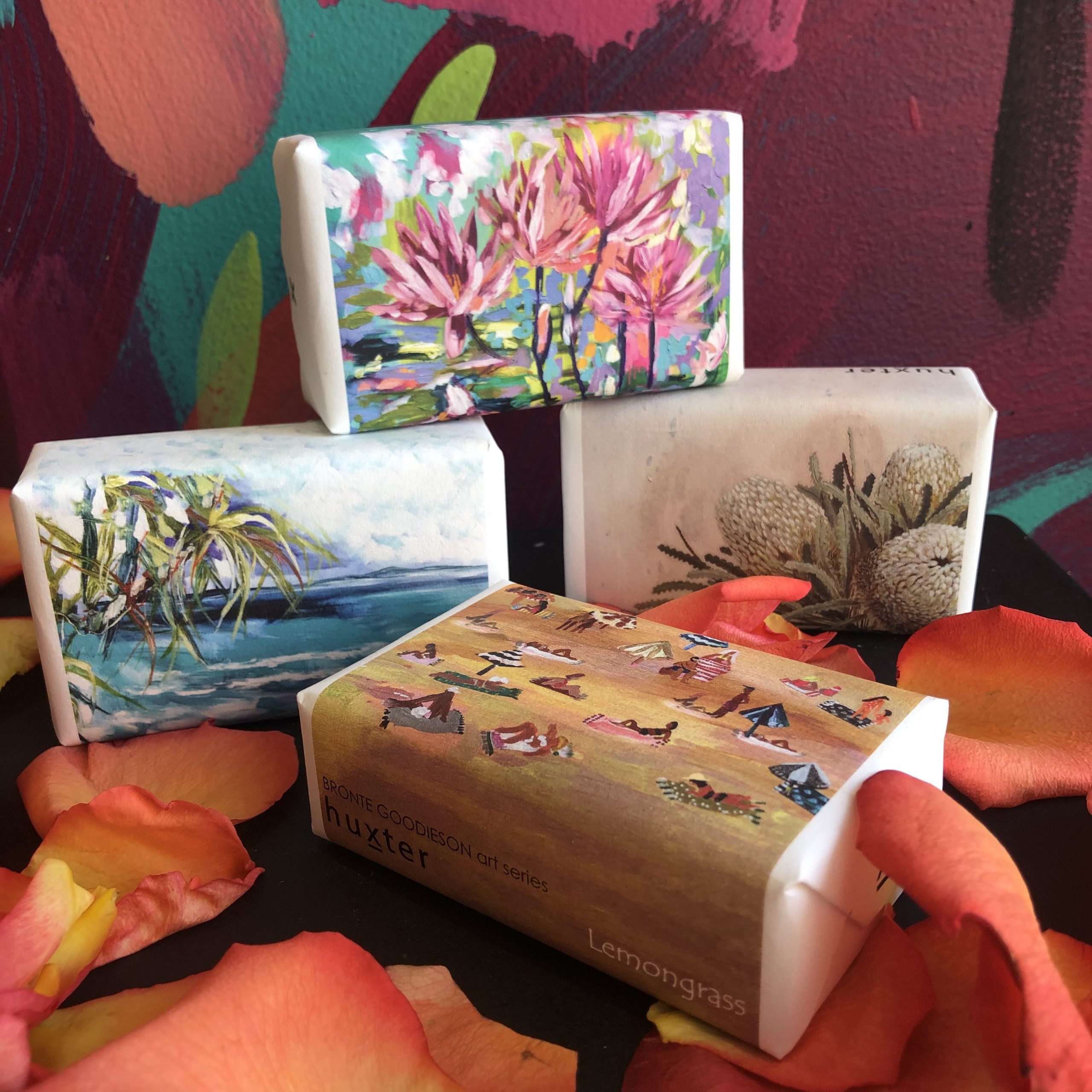
Over the past two decades, there has been a revolution in the conscious consumption of ecological products. People are now more aware of the impact of various products on our health and the environment’s well-being. Soap is one such product.
Soap makers have been forced to change their production tactics to support soap consumption.
It is because the general public is gaining knowledge about the quality and benefits of natural products, from the household level to the commercial stage. However, micro-enterprises are rapidly gaining momentum, far ahead of multinational corporations, in bringing safe, natural soaps to the average end user’s shower.
Chemical ingredients used as preservatives, artificial colors, and flavors, such as isopropyl alcohol, triclosan, and propylene glycol, are harmful to human skin. Many complain of irritation, dryness, and itching after using most commercial soaps. It has led some consumers to avoid these products and consider Australian natural soap a safe alternative.

It was believed that it was challenging to obtain natural soap for use at home. However, the trend is changing. If you have time to make your natural soap, you can find ready-made products in various shops around you. Shops are selling raw materials that are used to make natural soap. The only problem with many people is that they have enough time to make them or don’t know how to do them. However, this cannot force you to refuse to save the Earth from toxic substances to humans and the environment.
Natural soap is usually made by mixing natural vegetable and animal oils with strong alkalis. It guarantees the occurrence of all necessary reactions and the safety of the final product for humans. Various processes are used to get the final product. However, all processes aim to mix oils with alkalis at optimal temperatures; it usually takes time to form the final natural soap ready for use. In some processes, soap formation can take up to two weeks.
After the process, substances that have not been neutralized are skimmed off and separated from the fine form. Although additional substances can be used as preservatives, colors, and flavors, natural soap makers are very selective. Only natural ingredients can be used instead of artificial chemical additives irritating the skin after use. Different skin reacts differently to soap. While more and more soap makers are turning to natural soap making, sometimes they add some ingredients that can cause skin reactions.
Conclusion
It is important to study the reactive ingredient carefully and avoid any soap that contains it. You can also determine your skin type and possible reactions to various ingredients. Otherwise, you can buy pure natural soap, as it comes on the market in large quantities, so you shouldn’t have any problems getting natural soap.




